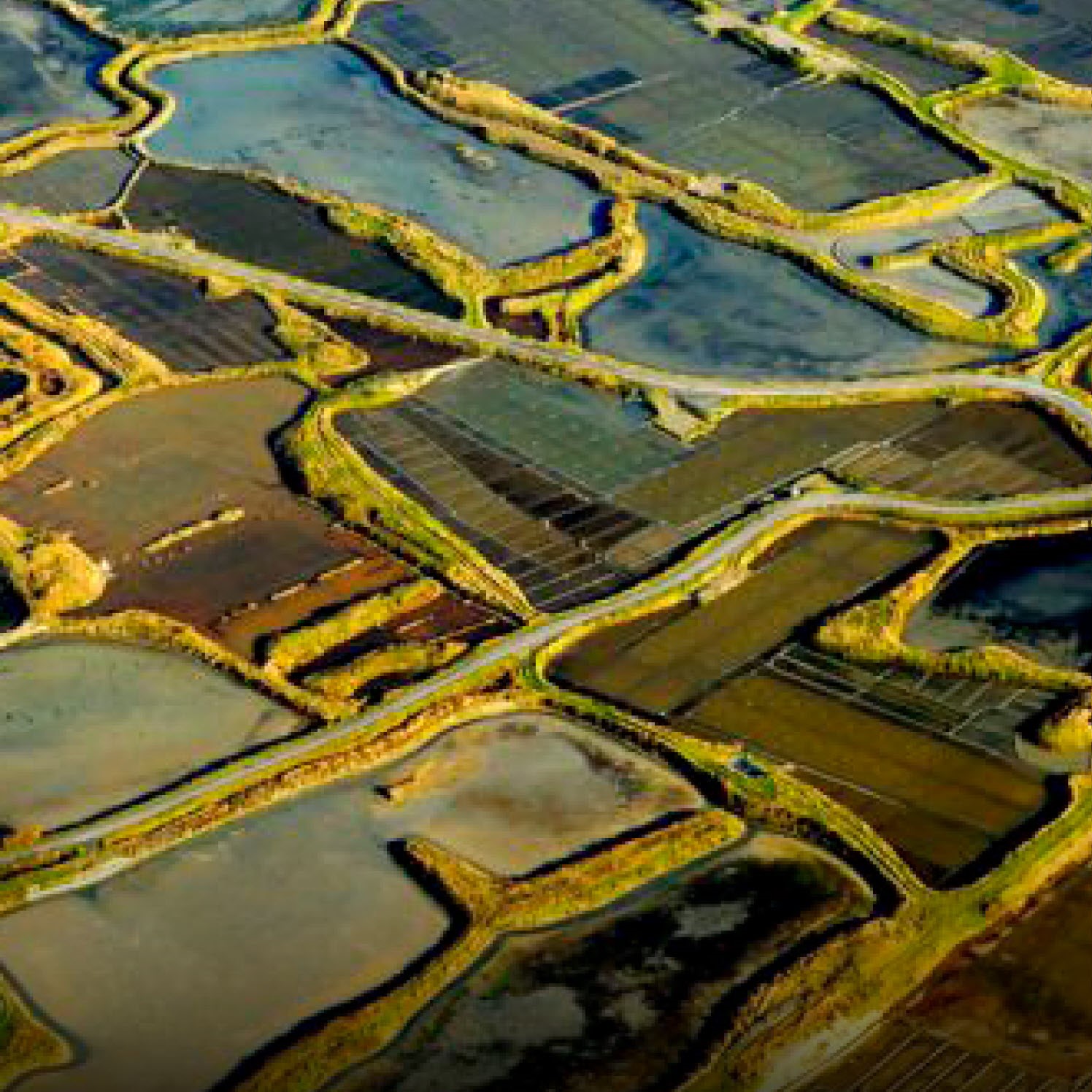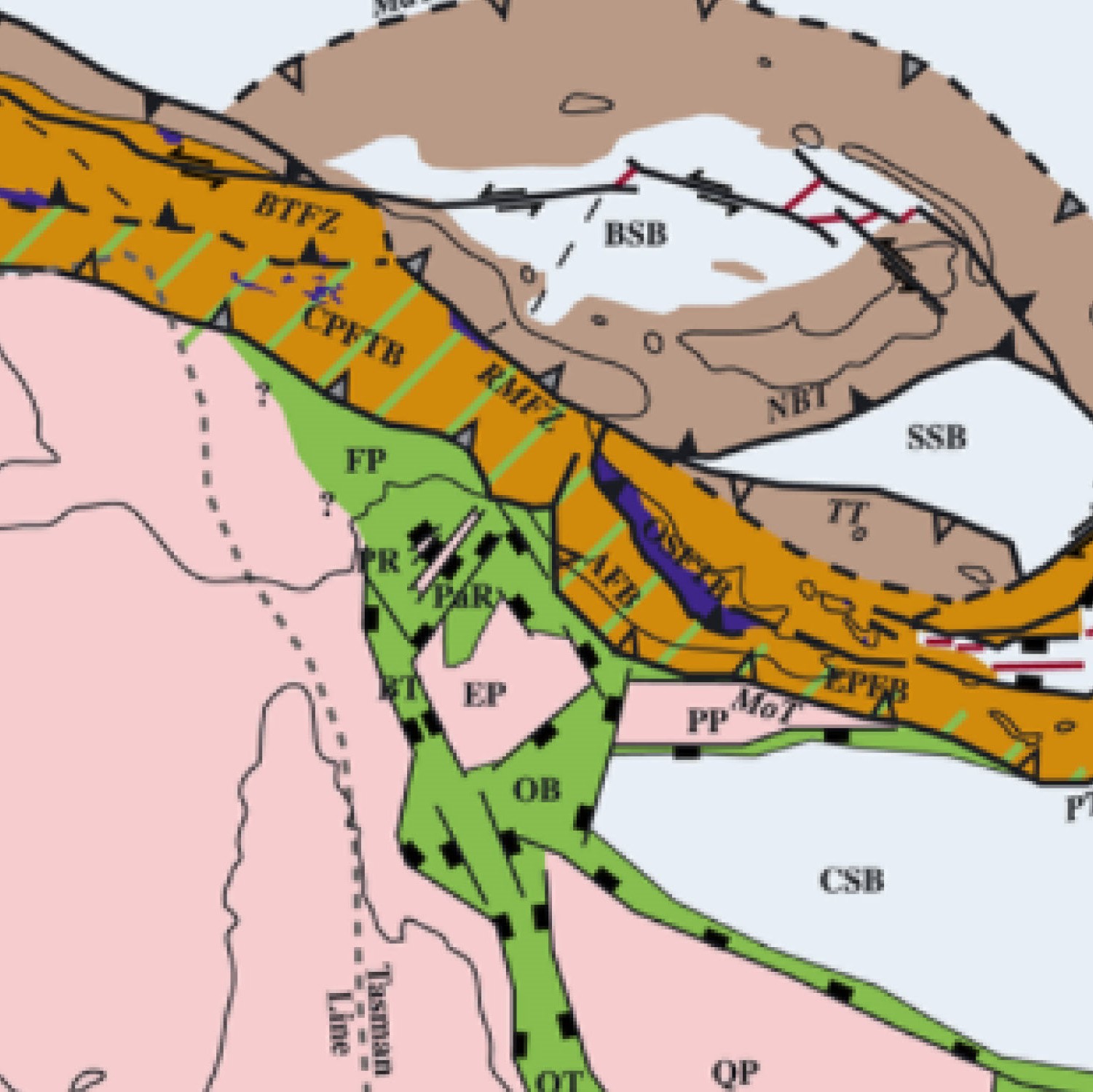
It is an honor to present Isaac Larsen as the recipient of the 2017 Luna B. Leopold Award. Isaac’s accomplishments span a ridiculously diverse array of basic and applied geomorphic problems, including postfire hydrology and erosion, landsliding and landscape evolution, soil production and weathering, and megaflood erosion. Consistent with Luna Leopold’s legacy and scientific approach, Isaac’s discoveries invariably incorporate fundamental observations that inform and advance theory on surface processes and landforms. During his Ph.D., Isaac incorporated landslides into an accounting of uplift and erosion in an active and well-studied region of the Himalayas. In the process, he mapped oodles of landslides and revisited how scaling relationships can be applied to soil and bedrock slope failures. His findings support the threshold slope conceptual model, a central theory of geomorphology that had never been definitively tested in a natural setting. Working in the Southern Alps in New Zealand, Isaac conducted several intense and physically demanding field campaigns to document remarkably rapid rates of soil production and weathering that challenge how we conceptualize feedbacks between physical and chemical denudation and critical zone evolution. For his postdoctoral research, Isaac considered how the Missoula Floods may have eroded iconic features like Moses Coulee. His calculations offer a mechanistic explanation for how progressive incision may be responsible for shaping portions of the Channeled Scablands, and this work motivates continued investigation of that remarkable landscape. In a relatively short amount of time, Isaac’s discoveries have established him as an intellectual leader in our field with skills for tackling problems relevant to human and geologic timescales, such as climate change, soil sustainability, and carbon cycling. His worthiness of the Leopold Award is unquestionable, and his contributions serve as inspiring examples of how process-based observations in geomorphology can be used to tackle big questions.
—Josh Roering, University of Oregon, Eugene
Presentation Title: Material Matters in Landslide Volume-Area Scaling
Event: 2009 Fall Meeting
Awarding Section: Natural Hazards

Soil is the source of the vast majority of food consumed on Earth, and soils constitute the largest terrestrial carbon pool. Soil erosion associate...






